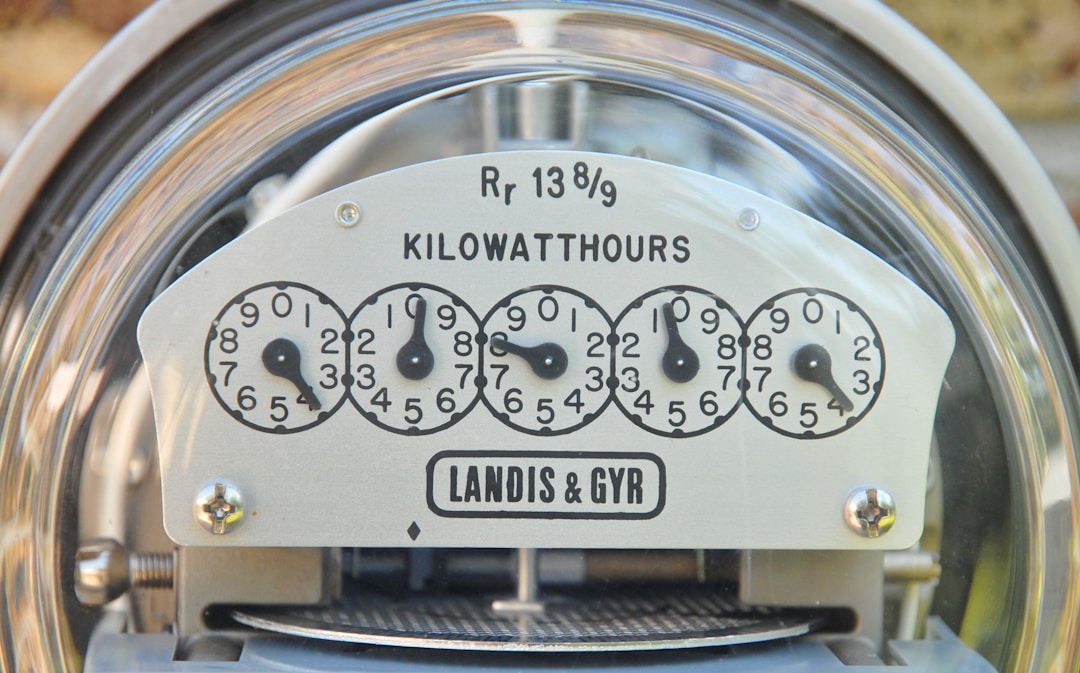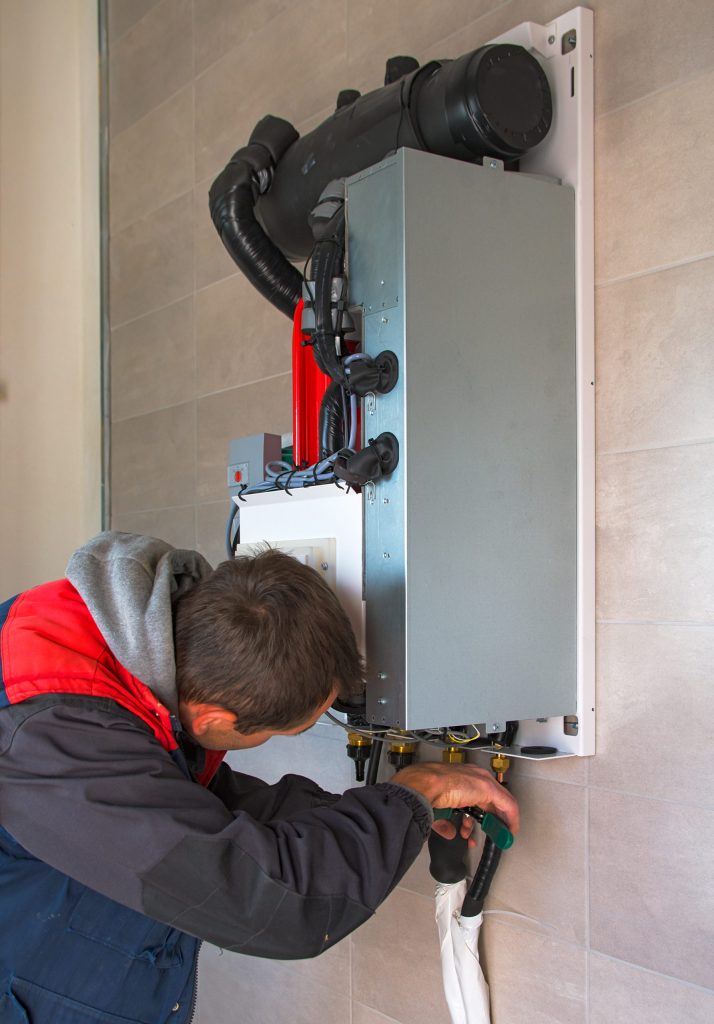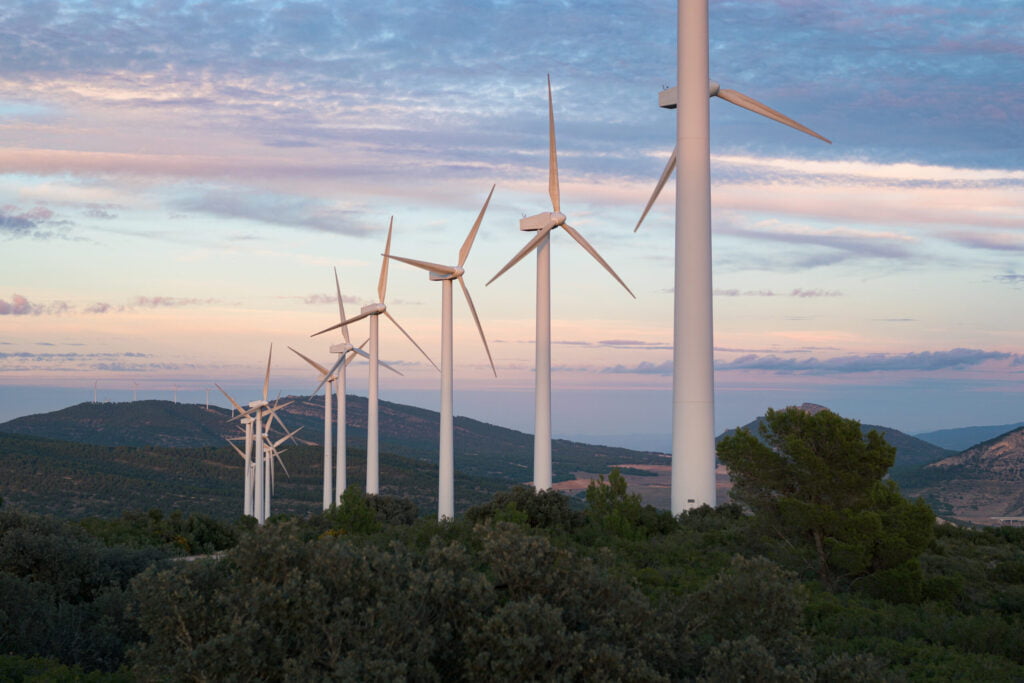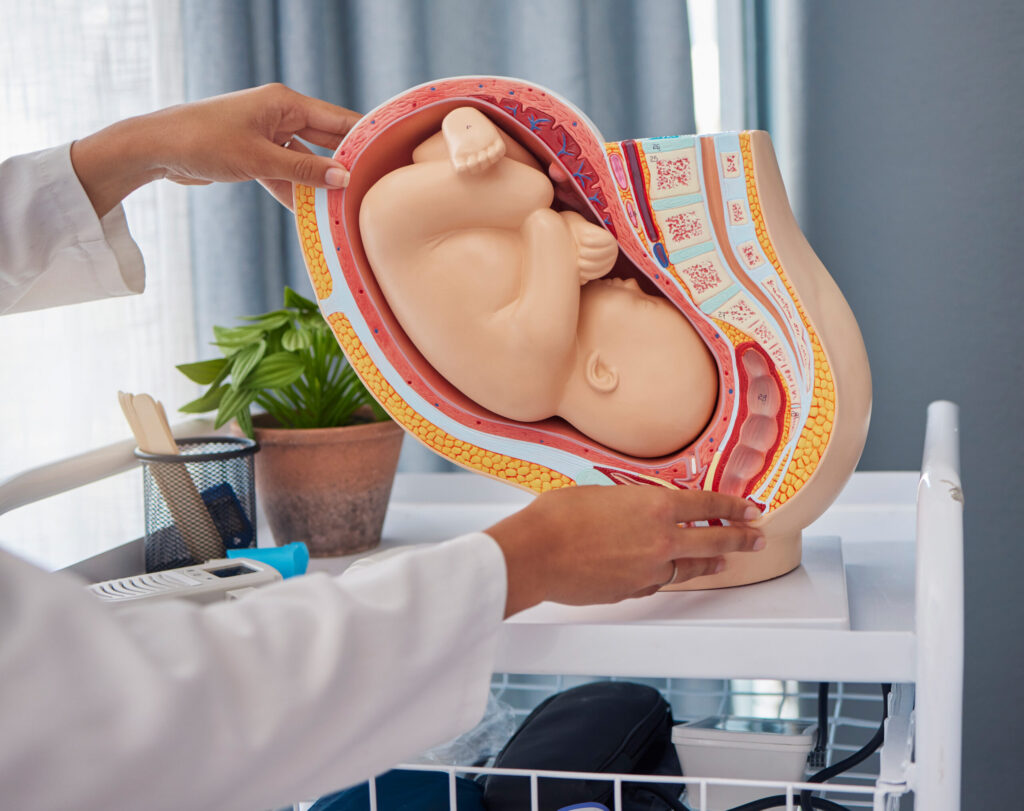Heat pumps have not always been as popular as conventional HVAC systems. However, heat pumps are growing in popularity today, with homeowners looking for more efficient alternatives to heating and cooling. These systems provide both heating and cooling and allow you to simplify your HVAC operations. Many homeowners have found heat pumps ideal for their homes in areas with hot summers and milder winters.
There are numerous benefits to installing a heat pump, from energy efficiency to combined systems. If you are in the market for new HVAC equipment or looking to upgrade your system, installing a heat pump could be ideal. While a heat pump might not be the perfect solution for every home or situation, there are many benefits to consider. Let’s take a look at some reasons why you should consider a heat pump.
1. Packaged Unit

Perhaps one of the biggest benefits of installing a heat pump at your home is that it has both heating and cooling capabilities. Homes with central air conditioning systems require a furnace or other heating source for the winter months. When you have to maintain two systems, it can double your maintenance costs and other expenses. Heat pumps are packaged units that supply both heating and cooling. During the summer, your heat pump will remove excess heat from your home. When you require heat in the winter, the system works in reverse. A heat pump will eliminate the hassle of having two different systems for the heating and cooling months.
2. Fuel Considerations
Various forms of heating equipment rely on oil, propane, natural gas, or other sources. As a result, you typically need to contract with an oil or gas company for your equipment. Given the fluctuating costs of oil and fuel today, this could be a significant expense. No matter if you have a geothermal heat pump or an air source heat pump, however, you won’t need to rely on a fuel source. Heat pumps rely on electricity to supply heating and cooling to your home year-round. You will never have to worry about fuel or associated costs with a heat pump.
3. Energy Efficiency

Most modern HVAC equipment today provides better energy efficiency than older units. The U.S. Department of Energy requires that all HVAC equipment meet minimum standards for efficiency. These SEER ratings tell you how efficient a certain piece of equipment will be during the year. However, when you compare heat pumps with similar options like a gas furnace, they tend to be more efficient. As discussed, heat pumps rely on electricity to deliver both warm and cool air. These units typically have higher SEER ratings and could end up reducing your energy bills over time.
4. Safety
Thanks to required standards and regulations today, heating equipment is as safe as it has ever been. However, there are always associated risks with furnaces and other equipment that rely on a fuel source for combustion. An oil or gas furnace runs the risk of leaking carbon monoxide and other hazardous gases into your home. In general, this risk is low, but if there is a malfunction or damaged equipment, carbon monoxide could pose a serious health hazard. Since heat pumps rely on electricity, they don’t emit combustion fumes and pose no risk for exposure.
If your old HVAC equipment has finally run its course or you are looking for a new system, you might consider investing in a heat pump. From energy efficiency and safety to reduced fuel costs, there are many benefits to consider. To learn more about how a heat pump could work for your home, you can contact a qualified HVAC technician to discuss your specific situation.
















